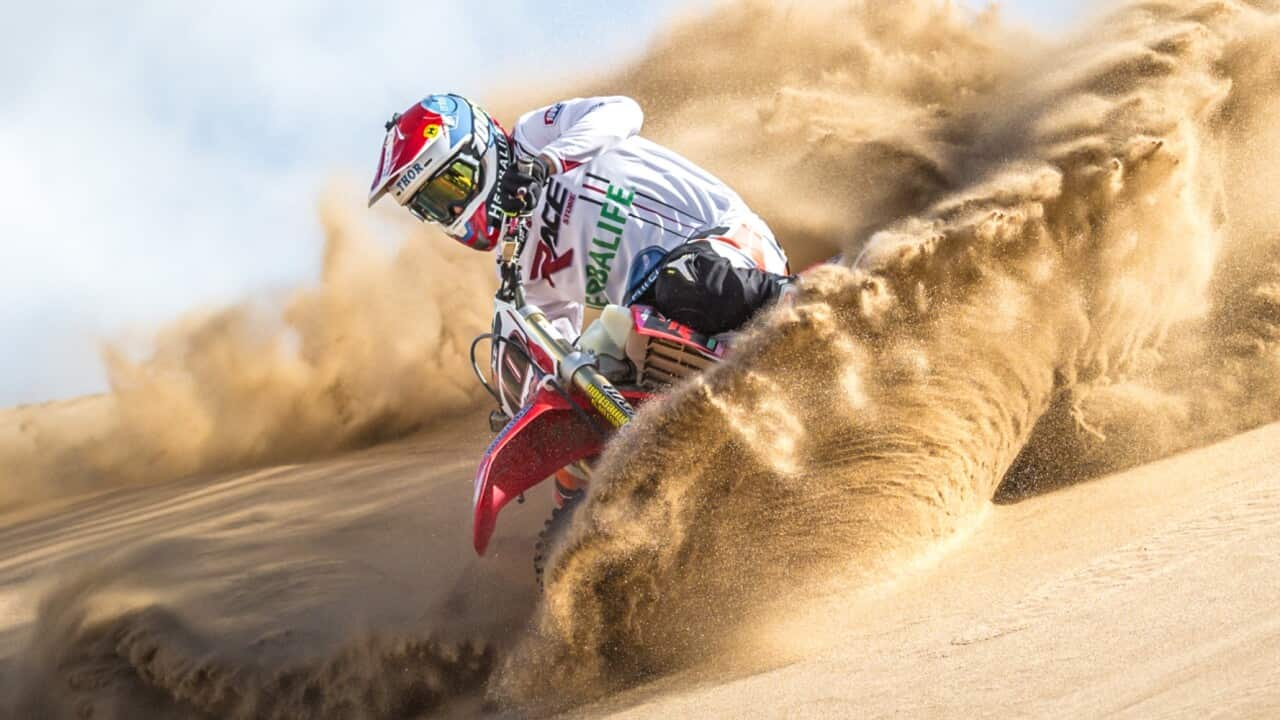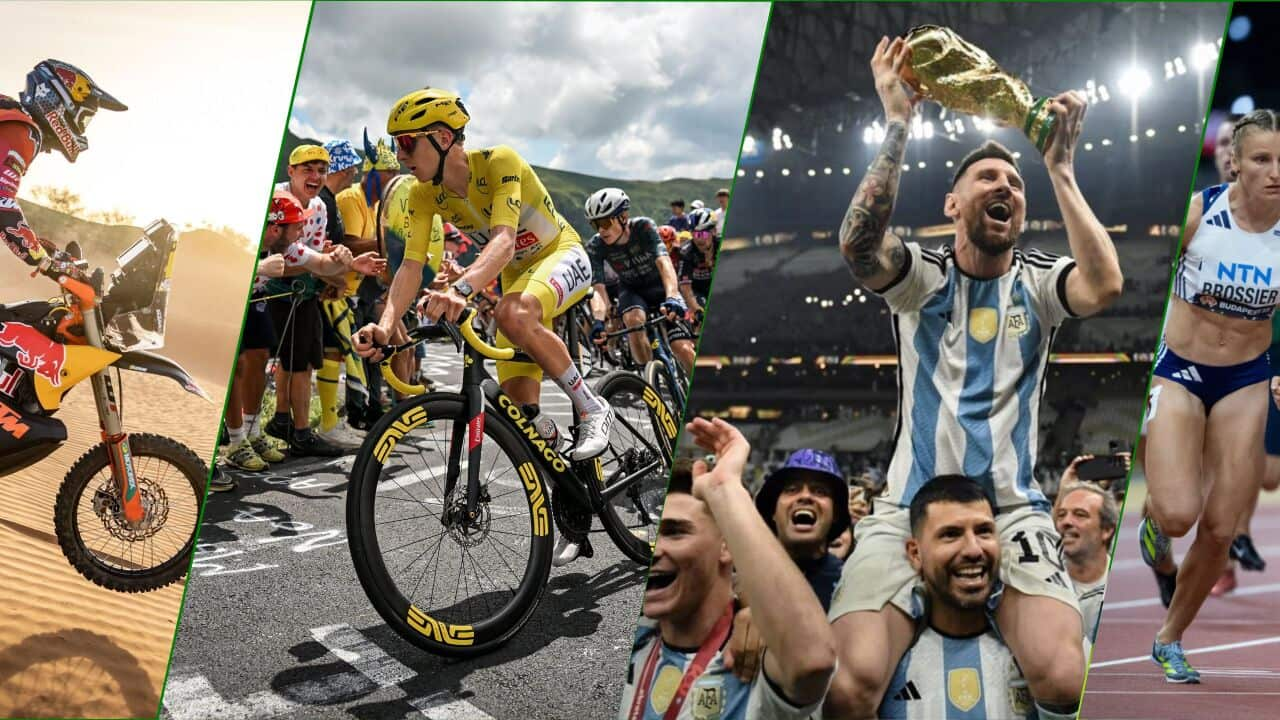Imagine, just for a moment, that Team Sky rider Gianni Moscon was not a professional cyclist but a run-of-the-mill office worker. Imagine also that FDJ's Kévin Reza was not a pro cyclist but like Moscon, another run-of-the-mill office worker.
Imagine they worked for the same company, and in the same office.
Imagine that, like the Tour de Romandie just past, Moscon and Reza got into an altercation. And the Italian, who grew up in the apple farms of Trentino in the north of Italy, having lived a somewhat sheltered life with little exposure to people of colour other than his own, decided to call Reza, Parisienne-born to parents from the French Caribbean island Guadaloupe, a black so-and-so, which is, from what I understand, exactly what he did on April 28, at the end of the third stage.
"Given the increased number of African riders on teams like Dimension Data, Moscon would surely have ridden beside riders with dark-coloured skin on multiple occasions, which, from what we now know, must have unsettled him somewhat."
Imagine that Reza reported the incident to management of the company they worked for, which is what you would expect one to do.
Imagine what would have happened.
Actually, there's no need for that. The answer is clear, the action swift: if this was a company with 21st century rules (since we're living in the year 2017 you would expect as much), Gianni Moscon would be out of a job. Automatic dismissal.
Instead, almost the exact opposite occurred.
Nicolas Portal, Team Sky's sport director at Romandie and as proud a Frenchman as Reza, told Moscon it was the wrong thing to say (a genius observation) and he needed to apologise (Reza, being the bigger man, accepted). A few days later, the team announced Moscon, who got to finish the race, was not fired but suspended for six weeks and will be sent on a "diversity awareness course", whatever that means. Rather convenient given Moscon had already racked up 33 days' racing and was due for a break, anyway...
Moscon may only be 23 and grew up eating his dad's apples but, as a well-travelled cyclist, he must surely have encountered people other than his own type at the Tour de l'Avenir or U23 road worlds, which he rode in 2014 and 2015. The year following, when he turned pro with Team Sky, his was one of 11 nationalities on the team - and that's just the riders - so one would've thought he would have been forced to not just encounter, but accept, and work with people that didn't look quite like him. (It must be said, though, there was no one who looked like Reza on Team Sky in 2016 or 2017. Given the increased number of African riders on teams like Dimension Data, Moscon would surely have ridden beside riders with dark-coloured skin on multiple occasions, which, from what we now know, must have unsettled him somewhat.)
At the 2014 Tour Down Under, if there was any racism in the peloton. "I am not a (black) role model for cycling," Reza, who began riding at four years old, said. "But there is no racism for me in the peloton." However, later that year at the Tour de France, he accused Orica-Scott rider Michael Albasini of using racist language when the pair were in a breakaway on Stage 16. Europcar team manager Jean-René Bernaudeau later said Albasini had called Reza a "dirty negro"; "I didn't choose nice words, but that's how it is when you are on your limit - but there were definitely no racist comments," the Swiss rider responded.
In the case of Reza and Moscon there was no equivocating. A written warning and a six-week break appears the answer, which the UCI, who said they were investigating the matter, seems satisfied with. What's there to investigate? For me, the Italian chose the lowest form of slur, and, according to UCI rules, contravened Section 12.1.005 of the governing body's regulations: "behaves in such a way as to blemish the image, the reputation or the interests of cycling."
How do you like dem apples?
Of course, this is not an isolated incident in professional cycling, or professional sport, for that matter. It's symptomatic of a broader malaise: one born of decades of ignorance and intolerance, and too many organisational and political leaders willing to keep the status quo than change it.











